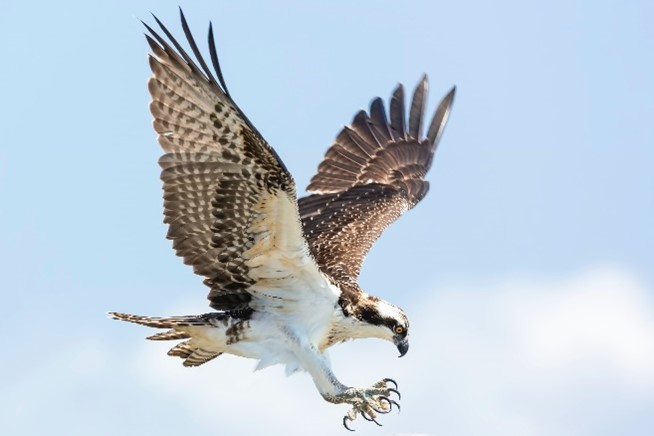The persistent refusal to engage in political dialogue on an equal footing between two competing actors is a classic phenomenon when one of the parties feels it has the other in its pocket, that it can do, or mop up, whatever it wants with it. The prevailing rationality seems to tell us that it is foolish to sit down and talk on an equal footing when one of the parties has powers and capacities that the other does not have. It becomes natural that whoever has more power, and more capacity, imposes the conditions, leaving aside other considerations, particularly those that have to do with justice, with what is reasonably fair, with putting oneself in the other’s shoes.
By this logic, we have a world in which war seems to be a permanent state. Yes, if there are two wars on the front pages of the media, Russia’s war in Ukraine and Israel’s war in Gaza, what we currently have, according to international organisations that monitor global reality, are 58 wars, which affect 15% of the world’s population.
This proclivity for settling conflicts by force of arms has been inevitable and will continue to be so. Any victories that are won will be pyrrhic. Faced with such contingencies, political, military, and business leaders, as well as public opinion, tend to be divided between doves and hawks. The former have a propensity to talk, the latter to shun all dialogue, to impose the full weight of the law, or of arms. In the short term, the Hawks tend to triumph. Their proposals energise, and appear confident, and resolute, unlike the postures of the doves.
As I write these lines, I cannot help but recall Jimmy Carter, one of the first US presidents who failed in his re-election bid because of his dovish, soft, naïve image, rather than his tough image, which tends to attract more votes. To be brave, in my opinion, in these circumstances, even if you have the full force of military power, is to sit down and talk on an equal footing without any hint of trampling on whoever is in front of you. Human coexistence and the wellbeing of all require it.
It is no mystery to anyone that in the immediate term, the Hawks have everything to gain because they are inclined to “cut through” any conflict, but in the long term, the triumphs they achieve tend to be fragile, for the simple fact that they were obtained by crushing their rivals, taking advantage of a certain correlation of forces, which can be reversed at any minute. A correlation of forces that not only includes the weight of hard power – military and/or economic – but also soft power – that of common sense, of justice – which is no less important. But they do not go to the causes or roots of the conflicts. They put out fires, not embers.
The dominance of the hawkish mentality is not for free, as it is what leads to a reality where “a bomb that costs 100,000 dollars, launched from a plane that costs 100 million and flies for 42,000 dollars per hour to kill people who live on less than a dollar a day”, as Stefanos Kargakis, a prominent Greek engineer, recently pointed out. It’s a head-scratcher.
In synthesis, the arrogance that exists in the world we live in, where the logic of “fix a mess no matter what” prevails, is costing us dearly. We see it every day. Wars are framed in this way, in thinking that the security that every human being craves can be resolved by sowing more and more insecurity, which is the thesis of the Hawks. We have examples everywhere. Israel, since its creation, has been plunged into a burning insecurity by the hawks who govern it, at the point of seeking more security.
In Spain, the Basque terrorist group ETA, born in Franco’s time, could not be destroyed by the ruling dictatorship. It was democracy, led by the PSOE, which, hand in hand, managed to dismantle it and insert its political wing Herri Batasuna, today Bildú, into democratic politics, abandoning arms with the opposition of the hardliners, the hawks.
And to go no further, in our country, the Chilean-Mapuche conflict is shunned, and denied, as if everything had already been settled and sacramentalised, the classic position of those who resist parliamentarisation. From the predominance of the hawks’ vision over the doves.
The Hawks like to play all or nothing, on both sides. On the left as well as on the right, on the oppressor as well as on the oppressed, on the victimizer as well as on the victim. This all-or-nothing vision, if it may seem successful in the short term, is not in the long run. It drops the ball for later. Not paying attention, not listening, not analysing the other’s look at the time, does not come for free.
Quite a few in the world are calling for drastic solutions, a la Bukele, thereby eroding an already weakened democracy. Solutions that are not solutions. They are escapes, they are not solutions as long as we do not get to the bottom of the problems that afflict us. But they appeal to emotions, crushing rationality. And that’s the way the world is, armed to the teeth.






